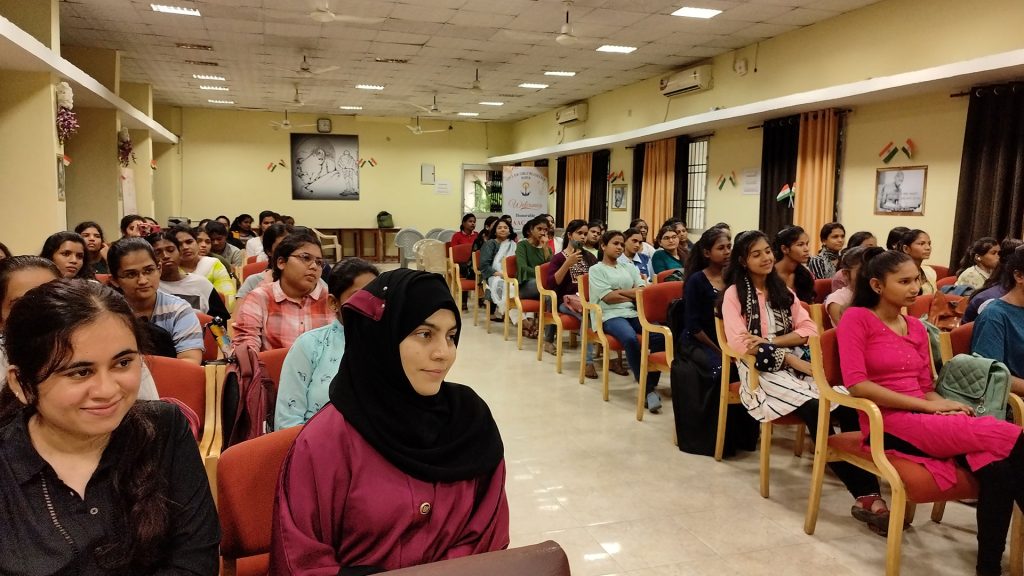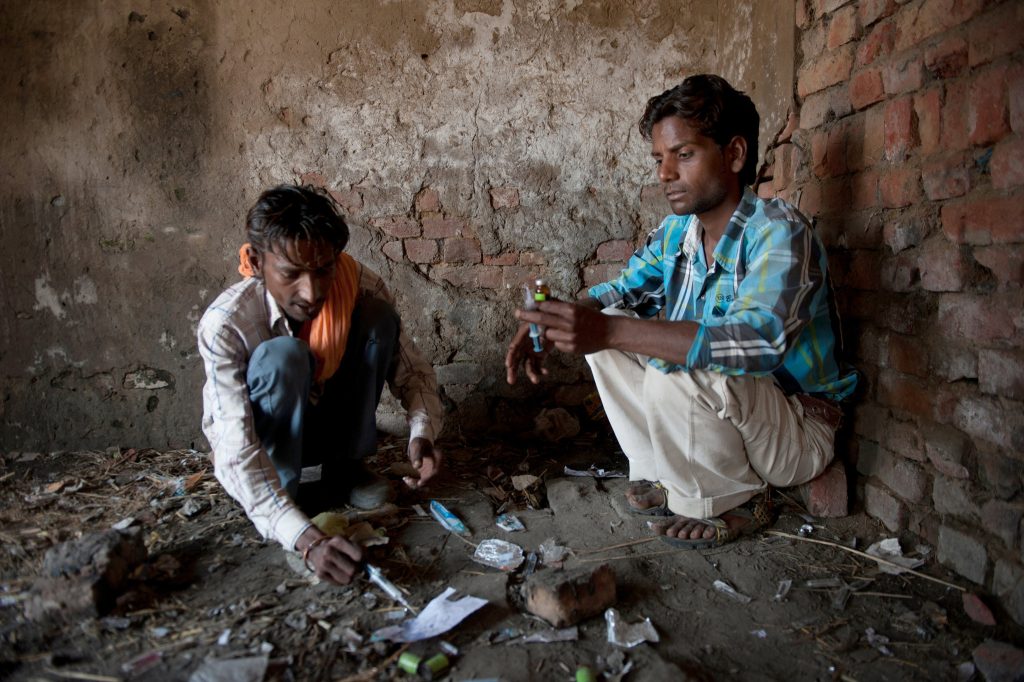How to Become a Psychologist in India

Have you always been fascinated by our brain and its capabilities? Has human behavior intrigued you?
You’re probably leaning toward taking up Psychology as a major.
A Psychologist is someone who studies how a person thinks, feels, and behaves. Psychologists then use this knowledge and apply it to various aspects of life. We often call Psychology an interdisciplinary field as it seamlessly integrates with every other field and its applications are vast.
In India, Psychology as a major has been the popular choice in recent times. However, the stigma of pursuing a subject like Psychology still seems to be looming at large.
The scope of Psychology is endless. For example, say you’re passionate about working with animals and also want to pursue Psychology as a major, then you can study Animal Psychology which focuses on understanding the behavior and cognitive processes of animals. Few other fields of Psychology include
1. Child Psychology
Child Psychology as the name suggests is a field where the emphasis is placed on understanding how a child process, thinks and makes sense of their world.
2. Forensic Psychology
Forensic Psychology involves the application of psychological principles to address legal issues such as mental disorders in criminal cases, evaluate home environments for a child custody case, etc.
3. Military Psychology
Military Psychology is a field where the professionals are largely responsible for creating instruments to assess, diagnose and help military officers with mental disorders to cope better.
4. Neuropsychology
Neuropsychology is a branch of psychology that focuses on understanding the relationship between our thoughts and behaviors and the role the brain plays in the same.
5. Sports Psychology
Sports Psychology is a field where psychological knowledge is used to help athletes with their overall performance.
In India, the three major disciplines of Psychology include Clinical Psychology, Counselling Psychology, and Industrial/Organizational Psychology.
1. Clinical Psychology
A Clinical Psychologist works with persons with mental or emotional disorders usually in a clinical setting such as a hospital etc. Clinical Psychologists emphasize assessing, diagnosing, and formulating treatment plans.
2. Counseling Psychologist
A Counseling Psychologist focuses on helping people with mental health issues and improving their overall well-being.
3. Industrial/Organizational Psychologist
An Organizational Psychologist as the name suggests works in organizations and applies psychological knowledge to the work environment to bring about efficiency. They also play a role in the recruitment process for job roles.
Now that we’ve explored a few of the fields in which one can specialize. Let’s look at the steps that you can take toward becoming a Psychologist in India.
1. The first step would be to choose a stream with Psychology as one of your subjects in class 12. Doing so would help you gain a basic understanding of what Psychology is. However, this step is not mandatory.
2. The next step is to choose Psychology as your undergraduate program. It is a three-year program and there are predominantly two types of undergraduate Psychology degrees – BA Psychology and B.Sc Psychology. Psychology as a subject is both an art and a science. The two courses are identical with B.Sc Psychology focusing more on the scientific and mathematical aspects such as statistics and BA Psychology focusing on the liberal arts aspect such as social sciences, law, etc. Recently the University Grants Commission of India (UGC) has now launched a 4-year undergraduate program over the usual 3-year.
During this period, one can pursue internships and explore their interests in the field in depth.
1. The next step from here is to pursue a postgraduate degree in Psychology (MA Psychology, M.Sc Psychology, MA/M.Sc Counselling Psychology, MA/M.Sc Clinical Psychology, etc.). Here you have the option of choosing a field of Psychology to specialize in such as Clinical, Counselling, etc. Some colleges offer admission to those who do not have an undergraduate degree in Psychology as well. A more in-depth approach will be taken to the field of your choice. You will be expected to work on your dissertation post-graduation.
2. After the completion of a postgraduate degree, people choose to either find sources of employment in various settings such as organizations, schools, hospitals, etc., or go on to pursue their PsyD (Doctorate program in Psychology) or M.Phil (Masters in Philosophy). In India to practice as a Clinical Psychologist, you must hold an M.Phil in Clinical Psychology and also should be registered under RCI (Rehabilitation Council of India).
Our country is currently in dire need of Psychologists. With respect to Mental Health as a profession in India, the mere acknowledgment is due. Psychologists, Counselors to-date lack recognition for the emotional labor and work they do. There is also a glaring disparity in the ratio of male to female students who pursue Psychology in our country. Women are expected to pursue this line of work which confirms the stereotype of women being the “softer” sex. There are very few men who sign up for Masters in Psychology and pursue a career in the same field. There is also very little information on individuals from the LGBTQIA+ community being represented in the field as well. Gender, age, race, religion, etc. shouldn’t be factors that stop you from being a part of a field. They are in no way an indication of ability, and so no reason to take into account when choosing a career. So why not give Psychology a shot?
To learn more about the opportunities available to psychologists, check out our website where you can learn how to freelance with Shivtensity! For more details, visit https://betterspace.care/












